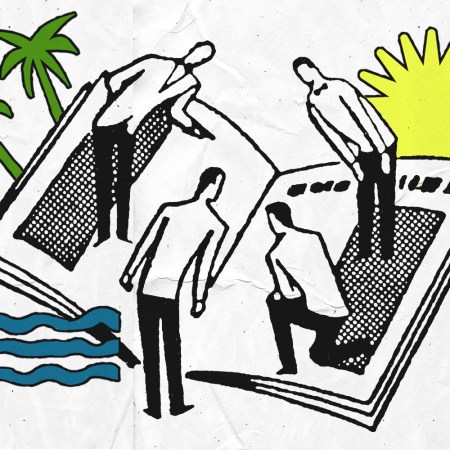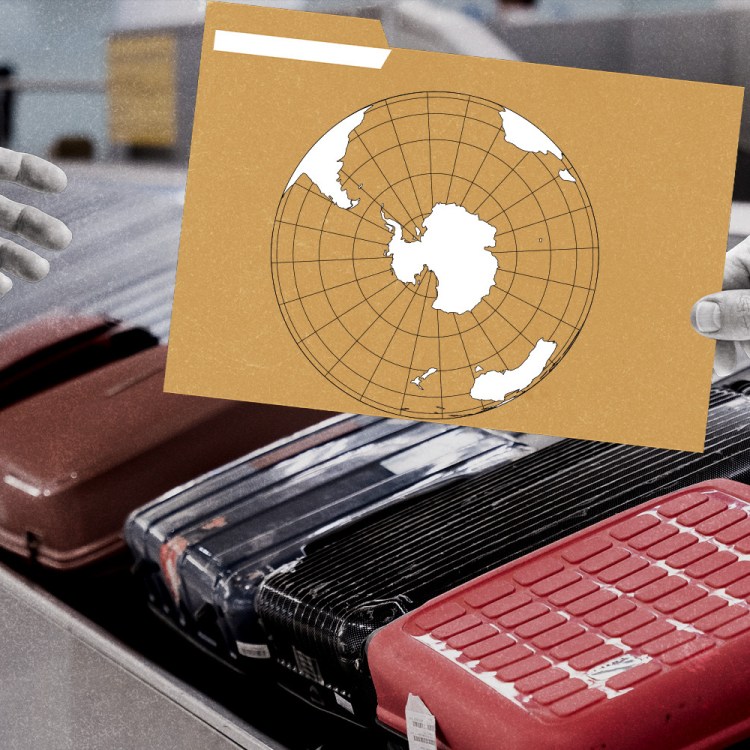“Unfavorable attendance mix.”
That’s how Disneyland goers were described in a quarterly financial report published earlier this month, which “Magic Key” annual pass holders unsurprisingly took to mean them. And it might look, at least outwardly, like a stretch had it not been for the whole slew of other industry executives who proceeded to literally spell out as much, according to a new report from The Washington Post.
“I’m migrating a little bit from what I call the Kmart, Walmart, to maybe the Target customer,” new Six Flags CEO Selim Bassoul recently told financial analysts, after likening his parks to “a cheap day-care center for teenagers.”
In an even bolder move, the tourism minister of New Zealand, echoed the sentiment, saying the country would “‘unashamedly’ target ‘high-quality’ visitors rather than those who post on Facebook that they ‘can travel around our country on $10 a day eating two-minute noodles.’” Though, similarly, back in July the Deputy Prime Minister of Thailand was quoted as having said, “We cannot let people come to Thailand and say because it’s cheap.”
All of this to say: industry executives are over budget visitors, though it’s not an entirely novel concept if not the most widely publicized. After all, it’s not exactly a secret that most of the major airlines aren’t relying on economy fliers, in this economy, to keep them afloat.
“Historically, more price-sensitive products like ‘Basic Economy,’ which is currently less than 10 percent of our sold fares, have struggled to keep up with inflation,” Delta Air Lines president Glen Hauenstein told analysts last month. “While high-value premium offerings perform much better and have proven to be much more resilient through the pandemic.”
But the fact is this: none of these places have anything to gain — at least in the longterm — from ostracizing such a huge segment of its visitors. And Disney isn’t exactly cheap. Of course, there are “budget friendly” ways to do the park, but consider that the average person spends in the vicinity of $100 on food (just food) a day and that pass holders are visiting several times a year. That adds up, particularly when we’re looking at families.
The same could be said for budget travelers, too. As its noted in The Washington Post report, backpackers have a propensity for traveling on the cheap. They’re also, however, more inclined to spend their money — regardless of how much — at local businesses, and on public transportation, than the more affluent traveler.
Further, it feels like a bit of a bizarre move for any profit oriented entity to be discouraging any kind of visitation following the pandemic when visitors were virtually nonexistent. Of course, that’s not to say that there hasn’t been an uptick in the number of unsavory tourists in the months since (there has), but unsavory and penny-pinching are hardly synonymous.
Anyway, it’s always worth knowing where your hard-earned dollar is going — even if it is quite literally only a dollar.
Thanks for reading InsideHook. Sign up for our daily newsletter and be in the know.



















